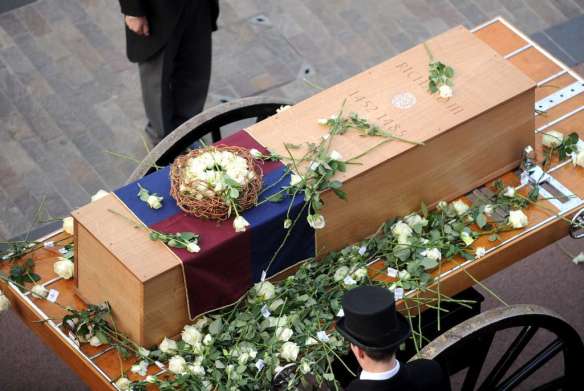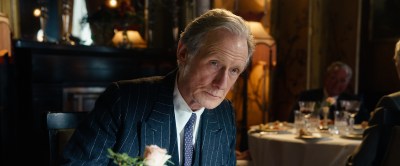
You think three hours and 26 minutes makes for an awfully long movie? You’re right. Yet, Martin Scorsese’s true-crime epic, Killers of the Flower Moon, completely held my attention throughout (trailer). Even though I knew the story, because I’d read the fascinating book by David Grann that the movie is based on, still there were no saggy lulls. It is time well spent.
The New York Times calls it “An Unsettling Masterpiece,” which recounts the terrible outcomes of white men’s unrelenting, murderous greed when oil is quite unexpectedly discovered on the Oklahoma lands that had been considered so worthless they might as well be given to the Osage tribe.
If I had a complaint, it would be that there was too much attention to Robert DeNiro as the “King of the Osage Hills,” cattleman William Hale. (Hale even asks people to call him “King.”) He gives an excellent performance, but, unlike the other characters, he doesn’t change; he’s the same throughout—a malicious, manipulative, avaricious local operator—and you understand him from the beginning.
Leonardo DiCaprio sets aside any vanity and is neither handsome nor savvy in playing Ernest Burkhart, Hale’s nephew. Because the tribe members are deemed incompetent to manage their assets, they are required to have white guardians. A quick way for a white man to become a guardian is to marry an Osage woman, just as Burkhart marries Mollie Kyle, memorably played by Lily Gladstone. Then if the wife dies . . . you can guess the rest.
Thanks to the oil, in the early 1920s, Osage members were the per capita richest people in the world. Much too tempting a target for undereducated, unprincipled roughnecks. Believe me, you’re grateful when Jesse Pelmons as Tom White, an agent of J.Edgar Hoover’s nascent FBI, appears on the scene.
The movie was filmed on a grand scale in Oklahoma, though there are plenty of intimate, emotion-packed moments in which Mollie and Ernest demonstrate real love for each other. Her penetrating gaze recognizes Hale and Burkhart’s schemes, but loves her husband anyway.
The film is dedicated to Robbie Robertson, whose last project was composing its music.
At the beginning, there is what seems an unnecessary statement by Scorsese about why he made this movie. That opening fits when he gives its closing words as well, bookending the film during a creative approach to telling “what happened next.”
The ill-treatment of indigenous people was one of America’s two greatest original sins and, in the arc of history, this sorry episode was not so very long ago.
Rotten Tomatoes critics’ rating: 93%; audiences: 85%.













